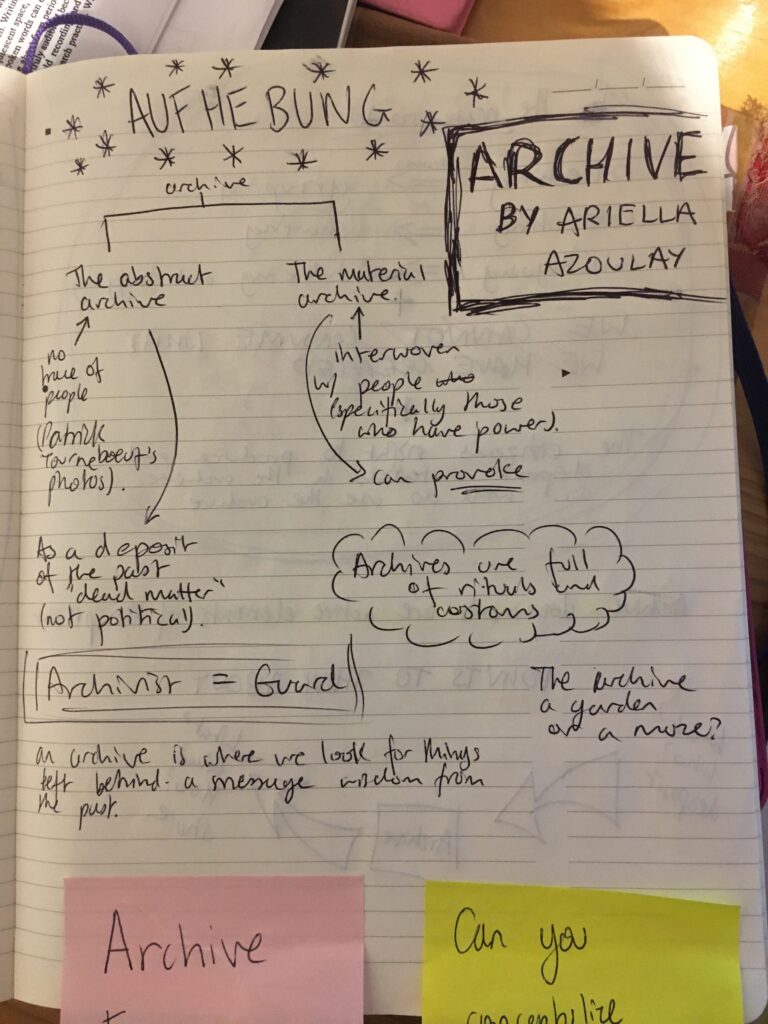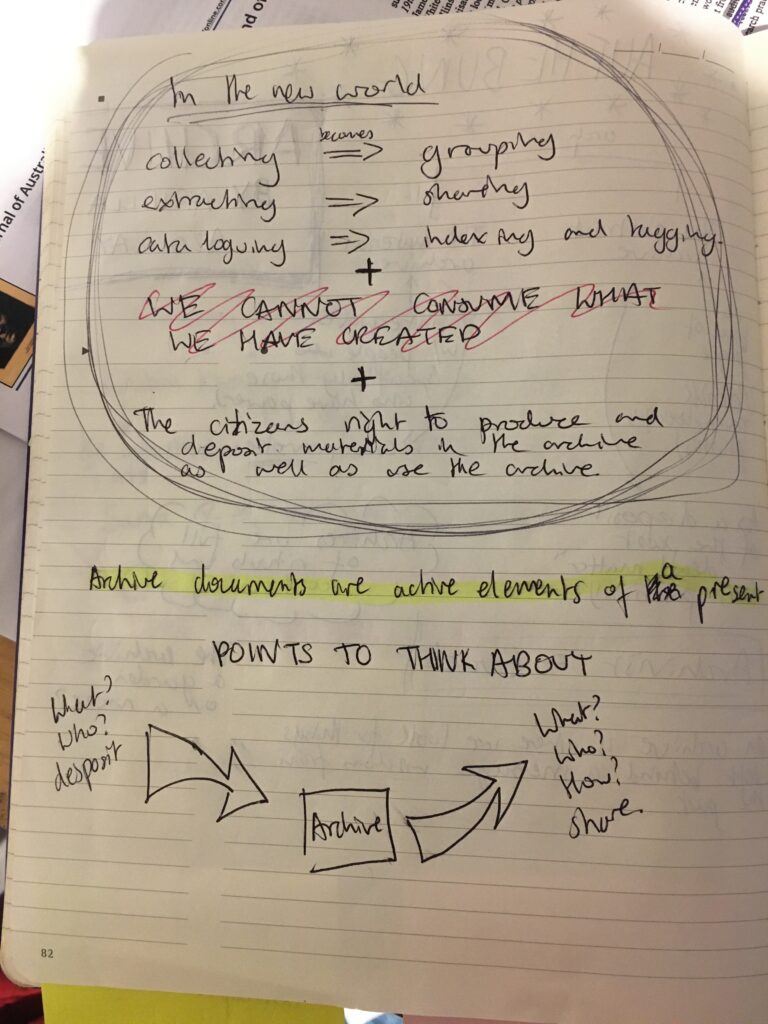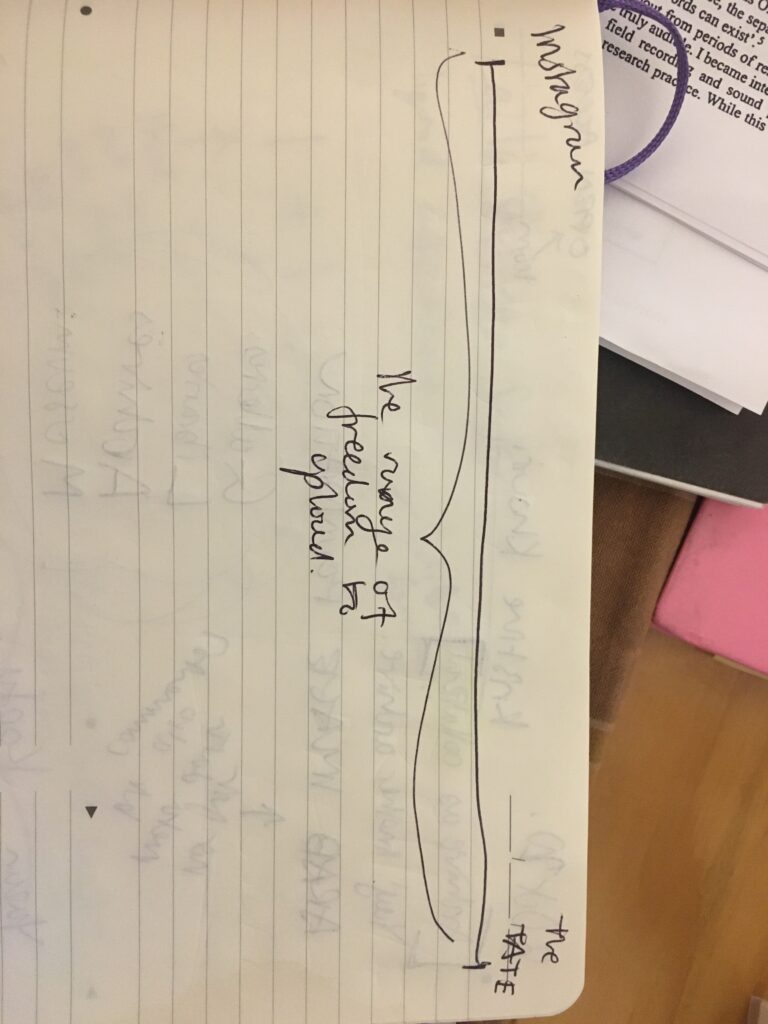I always get frustrated when I clean my fridge. There are so many little ridges that stuff gets into. I even have to have the door of my fridge open a certain way, which is not logical in the day-to-day of opening it but is the only way I can make sure that I am able to take out the shelves to clean them properly. This is an example of people designing a product without thinking about maintenance. The designers were not thinking about the cleaners they were thinking about the users. In a capitalistic and consumer driven world this is not surprising. We want to sell products to the users and cleaners are not important. Cleaning is after all a women’s job and who gives a shit about them. However cleaners are extremely powerful. If cleaners go on strike you have a big problem.

However, cleaners do not generally go on strike. They are often women, who are most likely from a minority background and need the money. Striking is a privilege.
But cleaners are extremely powerful and this is proven by the new types of cleaners and maintenance workers. The computer guys. The IT department. The software developers. However unlike domestic cleaners our digital cleaners are mostly privilege educated men. This in combination with the fact the we view digital as our new god, means that we view these new, digital cleaners in a very different light. These types of digital cleaners are a luxury. Don’t get me wrong being able to employ a cleaner to clean your house is also extremely privileged, but this is a whole new level.
Now some might point out that the digital cleaners need way more training but then I would invite them to clean a university building. To be able to clean fast and well, while simultaneously being completely ignored by your fellow humans and having to deal with the disgusting things that come out of these humans, you need to be really good and have a lot of experience. The most elite cleaners, those who work in very fancy hotels, have to under go extreme training. They are different jobs but one is not harder than the other and the difference in pay a shameful.
But what does this have to do with archives, because that is what I am normally talking about. Well, in this article by archivist Charlie Morgan he talks about Mierle Laderman Ukeles’ Manifesto for Maintenance Art 1969!, which is one of my favourite art pieces. With her work Ukeles brings to light the people to who have to maintain the work after it has been created. Morgan writes that as a society we are focused on creation and under value maintenance (not surprising as this is either done by women, or the working class.) This focus has led everyone including archives to become obsessed with collection. GIMME ALL THE STUFF! This is like my fridge completely ignores the maintenance staff. How are we going to look after all this? WHO CARES I WANT IT!
Not helpful. Especially when people are handling sensitive informative which many archives do (so does most of Silicone Valley, but that’s another issue.)
My work is about getting people to reuse oral history, to give purpose to the storing of recordings, but I must NEVER forget about the cleaners. I cannot design any thing extremely complicated because most archives cannot afford the luxury digital cleaners. They have to do all the cleaning themselves. Heck, I was talking to an archivist who said the they currently were not doing any archiving they were doing building maintenance. Archiving is not the job you think it is. Archiving is cleaning. Cleaning up the world’s information.



